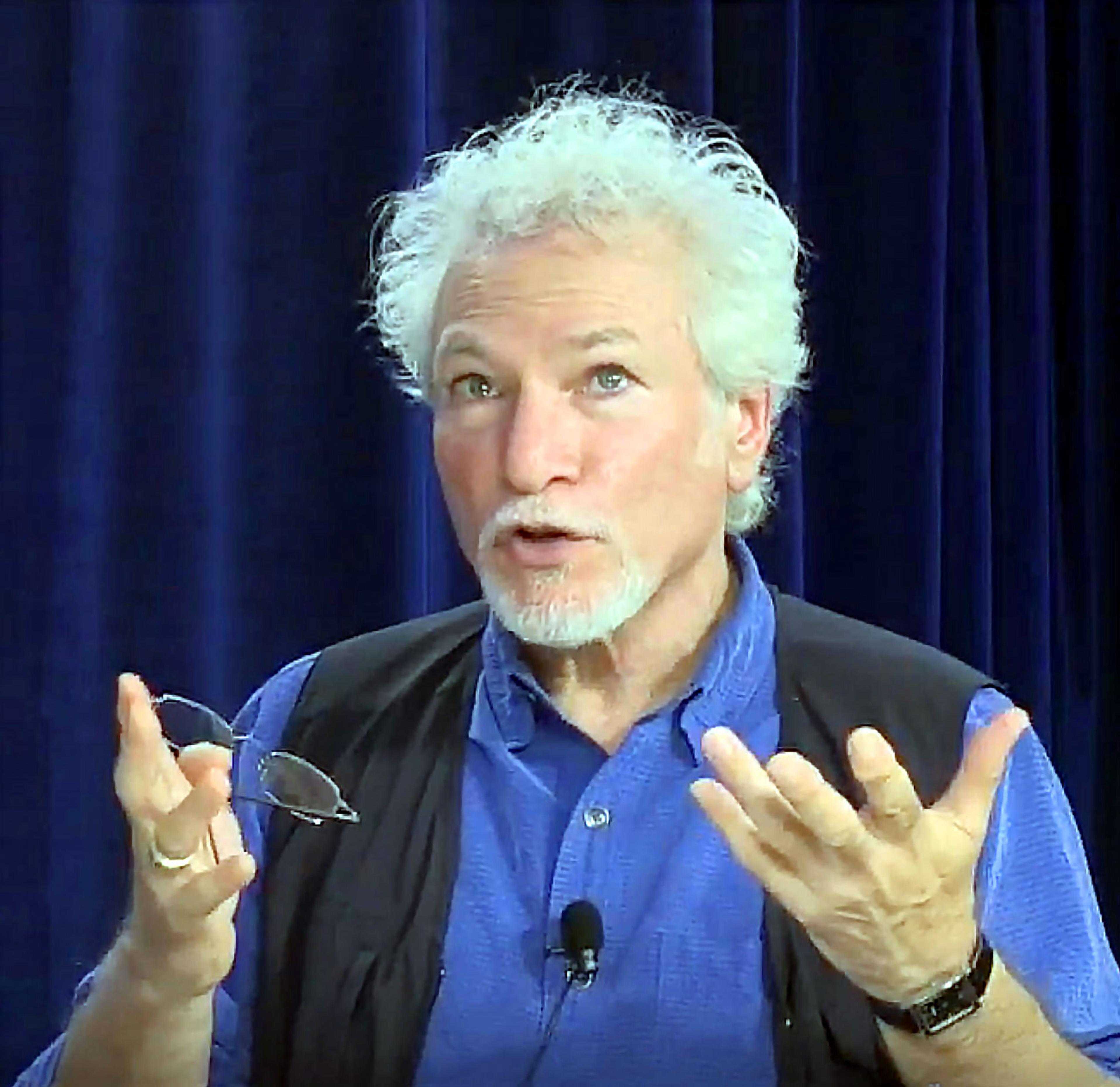RN
Rubin Naiman
Clinical Assistant Professor of Medicine, Center for Integrative Medicine, University of Arizona
Rubin Naiman is a psychologist specialising in sleep and dream medicine, and a clinical assistant professor of medicine at the University of Arizona’s Andrew Weil Center for Integrative Medicine. His latest book is Hush: A Book of Bedtime Contemplations (2014).
Written by Rubin Naiman

essaySleep and dreams
In exile from the dreamscape
We live in a wake-centric world that devalues dreaming, yet we need to experience dreams to be our authentic selves
Rubin Naiman

essaySleep and dreams
Falling for sleep
When wakefulness is seen as the main event, no wonder so many have trouble sleeping. Can we rekindle the joy of slumber?
Rubin Naiman